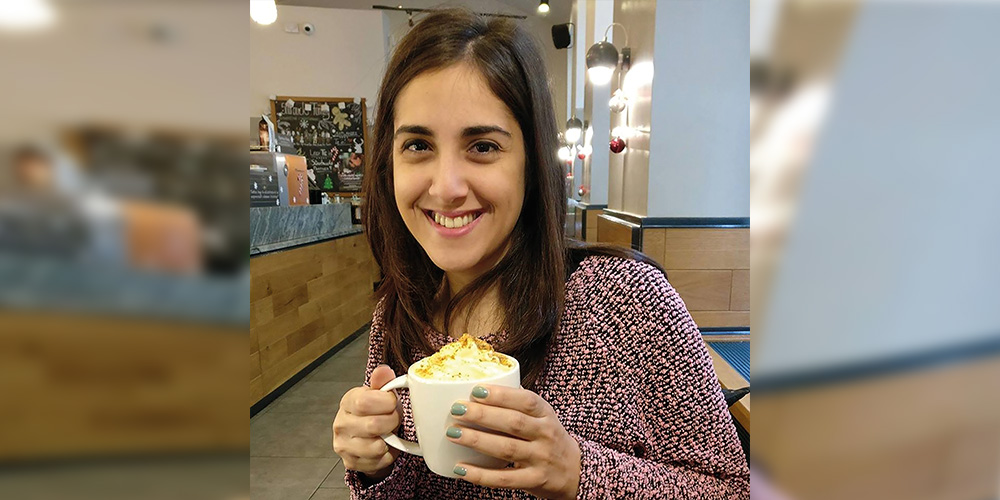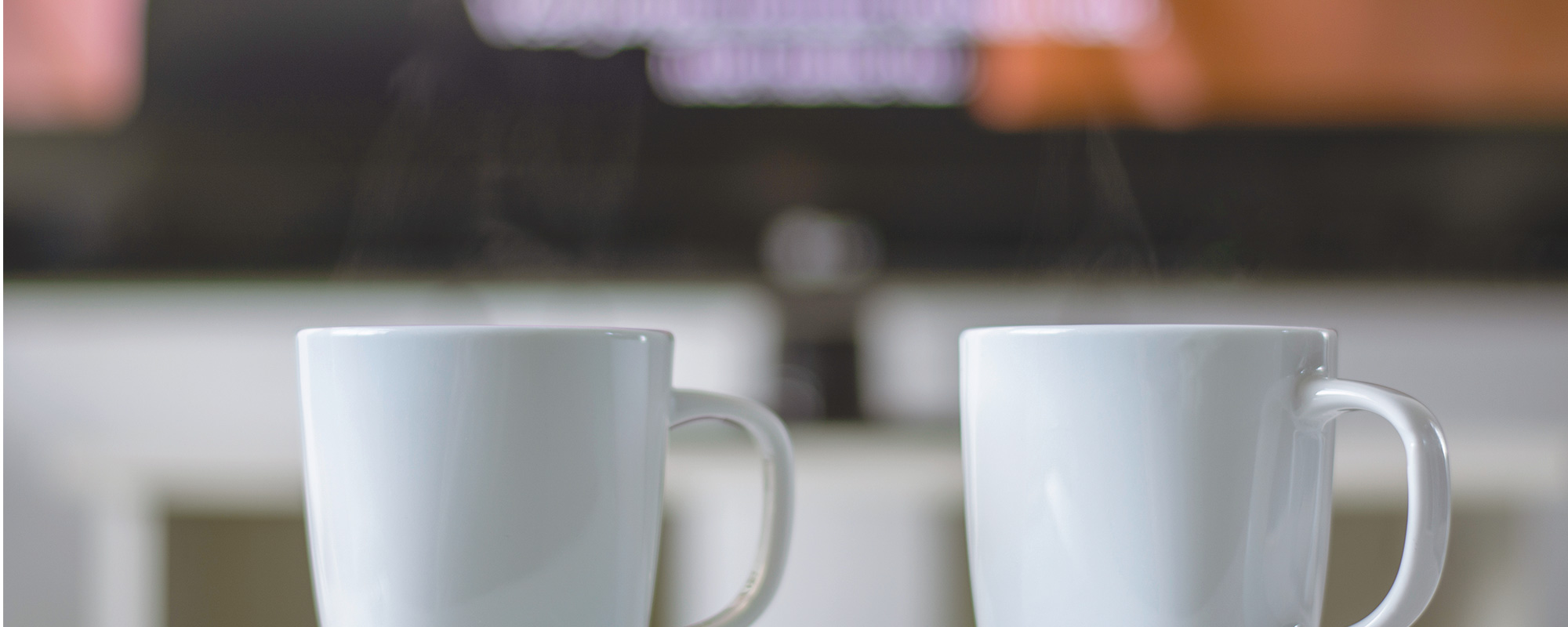Author: Luisa Castorina
Imagine watching a documentary or movie without hearing any voices, background noises, and music. You would miss a source of entertainment and information, and be excluded from conversations around movies and TV series. How annoying and frustrating would that be?
Subtitling for the deaf and hard of hearing can overcome such exclusion. This topic is new for the Maltese islands. In 2018, the University of Malta launched a new stream on the Master in Translation and Terminology Studies course: Audiovisual Translation. This course is training people who want to make a difference in the audiovisual sector in Malta. A cohort of dedicated translators and subtitlers is already working on Maltese tele-series and documentaries by translating and subtitling them in English for non-Maltese speaking residents in Malta and Maltese communities living abroad.

Subtitling is part of universal design, which benefits everyone, not only deaf and hard of hearing individuals. The same language subtitling helps many of us follow dialogue, understand slang or unclear articulation. On the other hand, subtitling is essential for people who cannot follow videos without a visual aid. In Malta, 1,582 deaf and hard of hearing people are registered with the Commission for the Rights of Persons with Disability. The real number is probably greater. This population needs accessibility.
Malta has made great strides to support those who are deaf or hard of hearing. Dr Giselle Spiteri Miggiani, audiovisual translation stream coordinator at the University of Malta, is drafting guidelines for subtitling in the Maltese language and in English when the source language is Maltese. If this process becomes mainstream it will help thousands of people feel more included in Maltese culture.
Subtitling for deaf and hard of hearing individuals requires additional translation techniques and skills. The subtitler needs to write down any type of noise or sound, music, and sometimes non-verbal communication. This may be intra-lingual, meaning the subtitles are in the same language as the programme or movie, or inter-lingual, meaning that subtitles are translated and adapted into the language required.
Raising awareness of the benefits of universal design is the first step. If TV channels made subtitles a default option, even people without hearing impairments would benefit. This could mean that a group of friends, where one or more is a deaf or a hard of hearing individual, can enjoy a movie together, without excluding anyone.
Luisa Castorina is a translator and subtitler. She holds a Master degree in Translation and Terminology Studies.





Comments are closed for this article!